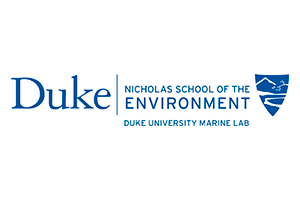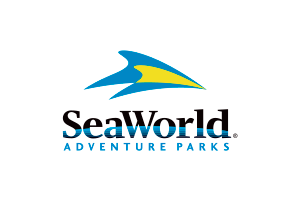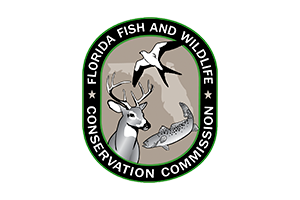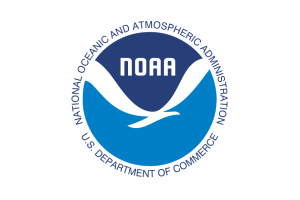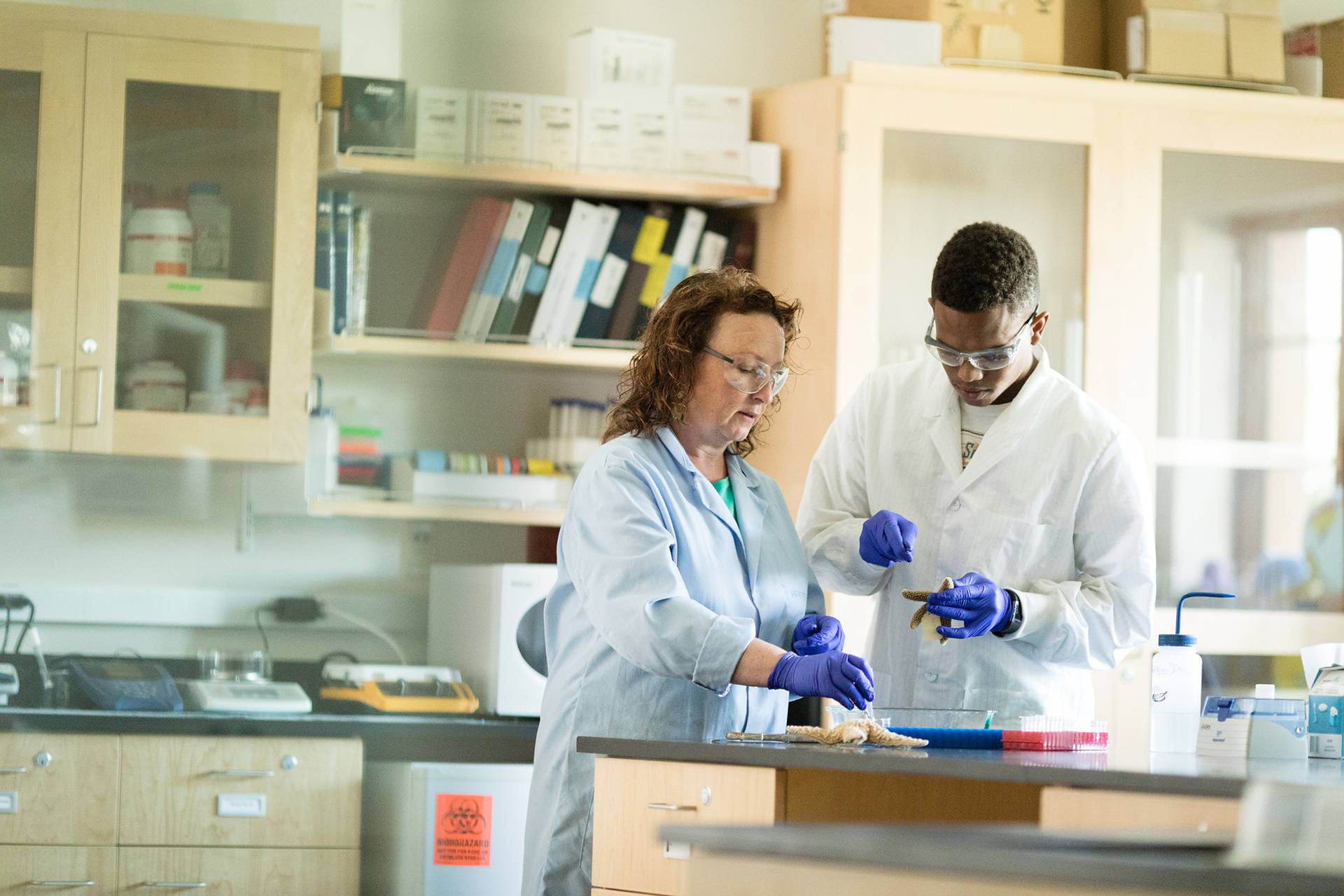
Marine Biology
The marine biology program is tailored to take full advantage of Rollins’ ideal setting on the Florida peninsula—one hour from the Atlantic Ocean, 90 minutes from the Gulf of Mexico, a few hours from the Florida Keys, and a one-hour flight to the Bahamas.
You are in the enviable position to apply lab work to these diverse ecosystems as part of a hands-on education. It’s the type of access to fieldwork that is rarely available to undergraduates at other schools. Our emphasis on exploring and experiencing provides the most natural transition into a fulfilling career or postgraduate work.
Why Study Marine Biology at Rollins
Hands-On Experience
Undergraduates conduct graduate-level lab and field research in the Florida Keys, the Bahamas, and Maine. Thanks to the Morrow Fund, an internal scholarship granted to the department, students have access to financial assistance.
Personal Attention
There are no more than 12 students in any upper-level marine biology class. The student-faculty ratio means instructors know the strengths of each student and can guide you individually.
Ready for the Next Step
By your second year, our faculty will have helped you build a resume. You’ll have the background to take on exciting internships and volunteer work. By graduation, you’ll have both feet in the real world.
Interested in Studying Marine Biology at Rollins?
Sign up to receive more information about living and learning at Rollins.
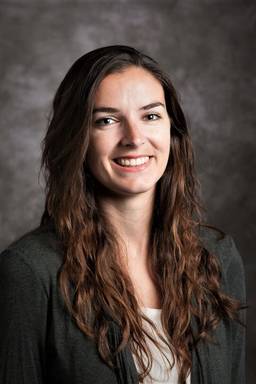
“I’ve always loved science, but I didn’t discover marine biology until I went to Rollins. The incredible field studies changed my career plans. Those experiences convinced me that I’d want a balance of fieldwork and lab work in my job. The support from my professors and peers at Rollins was invaluable in getting me where I am today.”
Rollins Marine Biology Careers
Rollins marine biology grads are making tomorrow happen at some of the world’s most prestigious universities and innovative organizations.

Kristin Kelly ’11
Global Divemaster and Fisheries Observer, NOAA
Becca Hamilton ’15
Marine Consultant, BNG Champion, and Field Manager, Cedar Key Dolphin Project
Guillermo Ortuno ’14
Co-Lead of the IUCN WCPA High Seas Specialist Group, Research Consultant & Director of Keystone Ocean S.L.
Callie Bateson ’15
MEd Candidate, Merrimack College
Hunter Noren ’12
Lab Supervisor, Nova Southeastern University’s Cell Therapy Institute
Donna Campbell ’09
Environmental Scientist, Southwest Florida Water Management District
Real World Experience
From internships to research, marine biology students hone their skills in the real world.
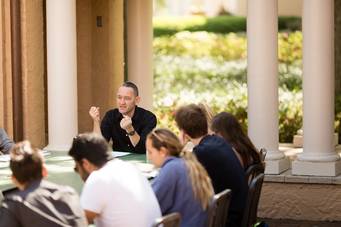
See for Yourself
Get a feel for Rollins’ unique brand of engaged learning and personalized attention through one of our virtual or in-person visit experiences.
Popular Courses
Our diverse portfolio of courses educates students to take active roles as global citizens in preserving the health of the marine environment and prepares them for careers and advanced studies in biological research, environmental science, and conservation.
BIO 210 Introduction to Marine Science
Explore how oceans and coastal environments interact in ways you can see and in ways that require a deeper look. Students will gain an understanding of oceanography that provides a foundation for studying marine ecosystems.
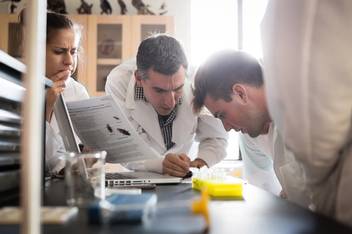
BIO 236 Invertebrate Zoology
Using live marine and freshwater organisms, you’ll examine the animal kingdom from sponges through invertebrate chordates. The classwork leads up to a trip to the Florida Keys and Everglades for hands-on fieldwork.
BIO 237 Vertebrate Zoology
Take a closer look at the interesting spectrum of vertebrate life and apply class knowledge and lab findings to trips around Florida, including the Florida Keys and Everglades.
BIO 310 Ecology
Learn about organisms and their interaction with the environment by exploring populations, communities, and ecosystems in the lab and in the field, using the unique habitats of Central Florida.
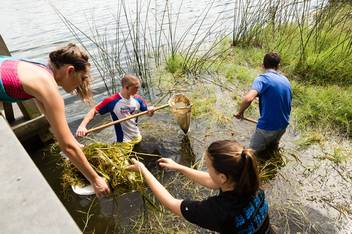
BIO 335 Marine Biology
Perform research on live sea urchins and conduct studies using larvae. For the second half of the semester, you’ll conduct independent research to discover answers to your own questions.
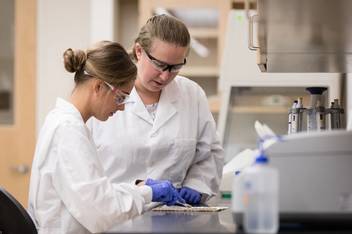
BIO 338 Marine Biology Lab (Maine or Bahamas)
Spend two weeks studying the coral reefs and rocky intertidal on the remote Bahamian island of San Salvador or examining the rocky intertidal and salt marsh environs of Maine.
A Day in the Life of a Rollins Marine Biology Major
“As a marine biology major, I’ve had several field studies ranging from catching reptiles to culturing urchin larvae. I love that my major taught me how to do independent research because it places a lot of responsibility on me and it fuels my investigative side.”
Beyond the Classroom
Student-Faculty Collaborative Scholarship Program Students have the opportunity to work alongside a faculty member on research typically available only in graduate school. Damian Clarke ’19 studied sea stars up and down the east coast with biology professor Fiona Harper before presenting the results at the Benthic Ecology Meeting in Texas.
Summer Field Study Undergraduates have the opportunity to travel with marine biology faculty to assist with research projects in sensitive ecosystems, such as coral sites. This is in addition to fieldwork associated with classes.
Duke Marine Lab Semester Program The marine biology program is part of a consortium with Duke Marine Lab and gives students an opportunity to study marine systems along the North Carolina coast.
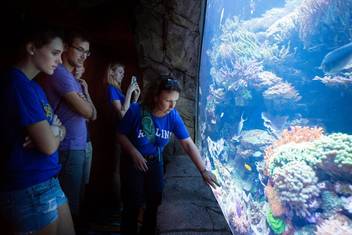
Dive Into Marine Biology at Rollins
Explore more about what it will be like to major in marine biology at Rollins.
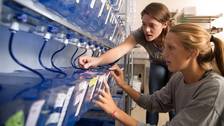
Facilities
Rollins’ marine biology program is housed in the newly renovated Bush Science Center. Within our teaching and research laboratories, we have diverse equipment for studies in marine biology.
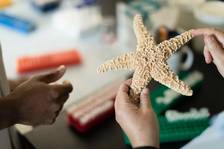
What You Will Learn
The department's mission is to provide an excellent undergraduate life sciences education in the liberal arts tradition. The curricula will expose you to a wide variety of classroom, laboratory, and field experiences fundamental to the life sciences, and so much more.
Keep Exploring
Take a deeper dive into marine biology at Rollins by meeting your future professors, seeing our grads in action, and sitting in on a class.
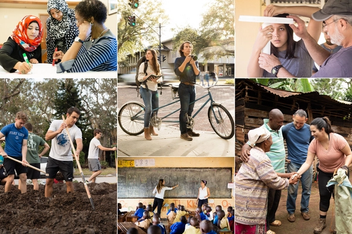
November 02, 2022
Solving the World’s Biggest Problems
For Rollins students, alumni, and faculty, the most pressing issues of our time are not insurmountable. They’re opportunities to bring meaning to the term “global citizenship.”
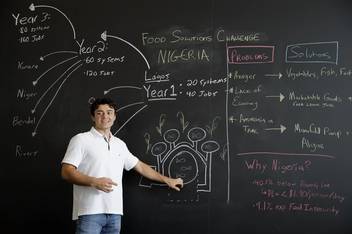
October 08, 2021
My Rollins Gateway: Sustainable Success
With degrees in marine biology and business, Colin Kelly ’19 ’21MBA is charting a course toward a tenable future in renewable energy.

July 28, 2021
Rollins Ready
Equipped with 21st-century skills, real-world experience, and lifelong relationships, Rollins grads step into their futures ready to make the mark only they can.
Expert Faculty
Professors crafted the marine biology major at Rollins so they could share their passions for fieldwork and conservation. All faculty members have earned PhDs and are committed to being personally involved in the career trajectory of each student.
Department of Biology
Telephone: 407.646.2494
Fax: 407.646.2138
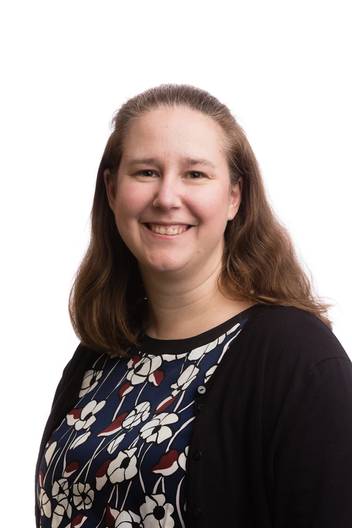
Pamela M. Brannock, PhD
Assistant Professor of Biology
Research interests: Exploring the genetic composition, connectivity, and variation of aquatic invertebrates
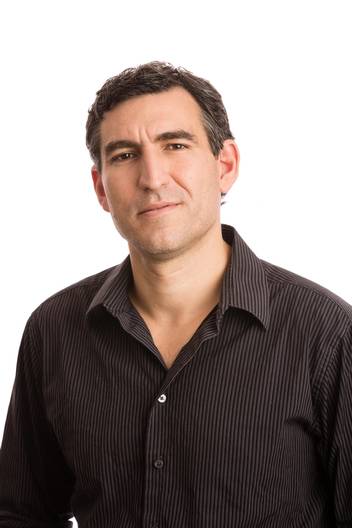
Bobby Fokidis, PhD
Associate Professor of Biology
Research interests: Exploring the hormonal and neural links between energy status and animal behavior, particularly in a changing environment
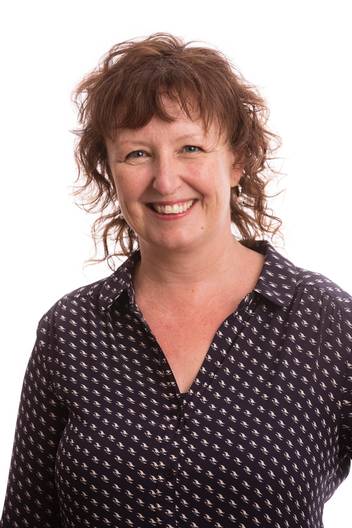
Fiona Harper, PhD
Associate Professor of Biology
Research interests: Marine evolution, speciation in the marine environment, hybridization between species, and population genetics of terrestrial and marine organisms
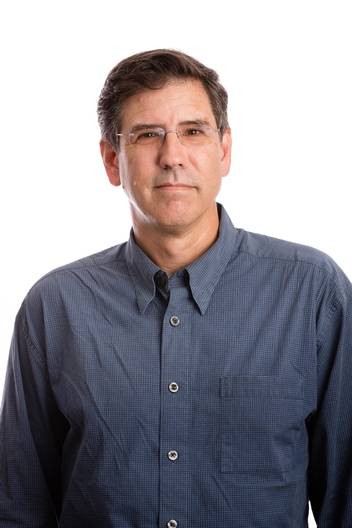
Paul T. Stephenson, PhD
Associate Professor of Biology
Research interests: Plant physiology and cell biology, with a focus on carnivorous plants and the regulation of enzymes that enable them to efficiently obtain nutrients from prey
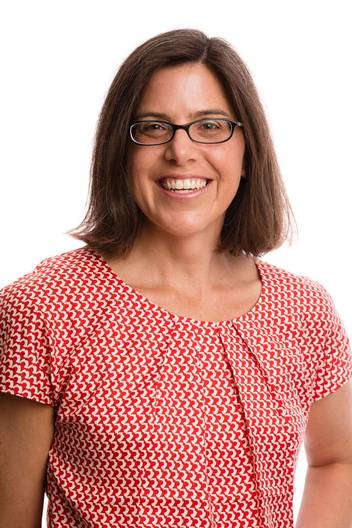
Kathryn P. Sutherland, PhD
Professor of Biology
Research interests: Coral reef ecology and coral disease microbiology, focusing on white pox disease of Caribbean elkhorn coral

